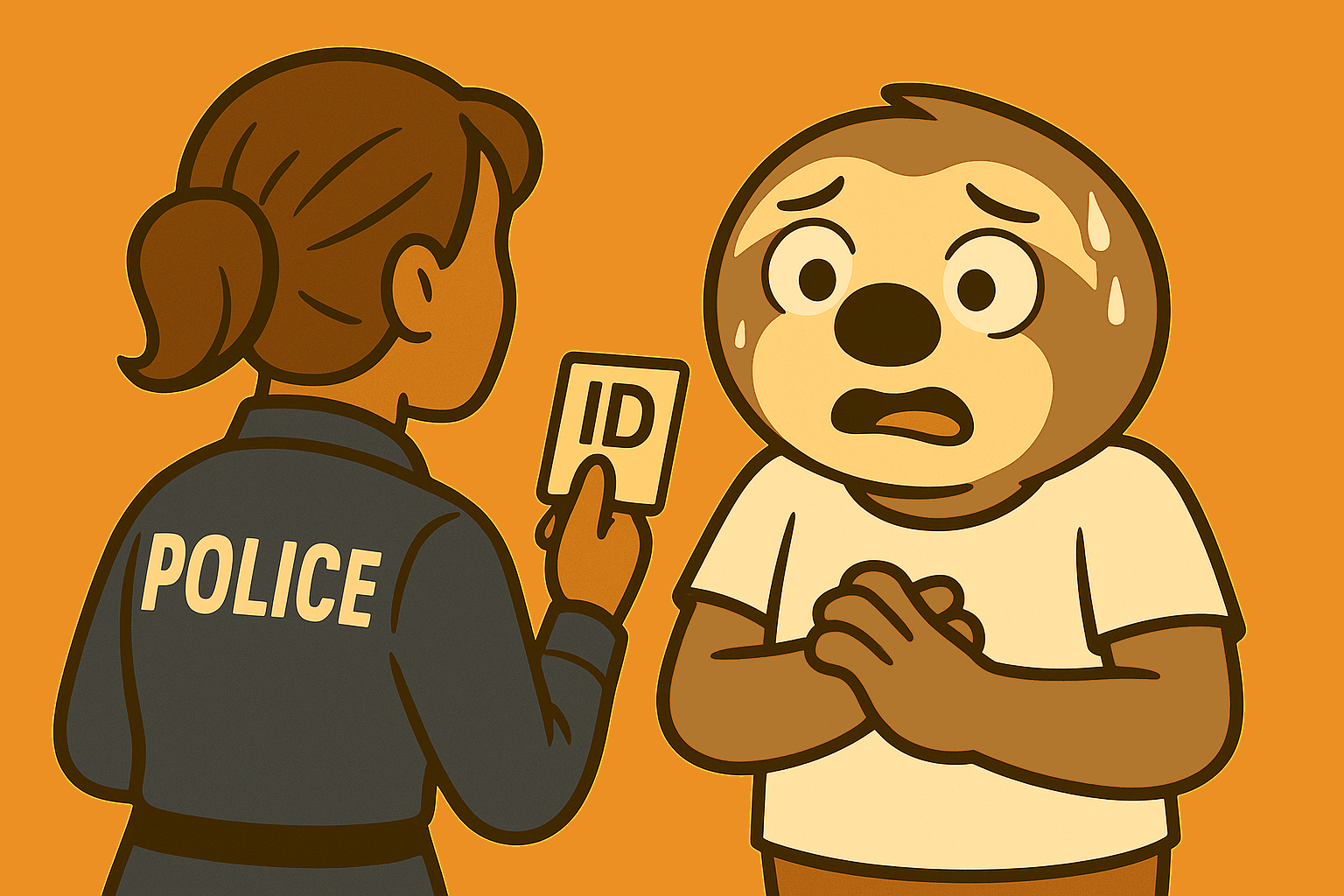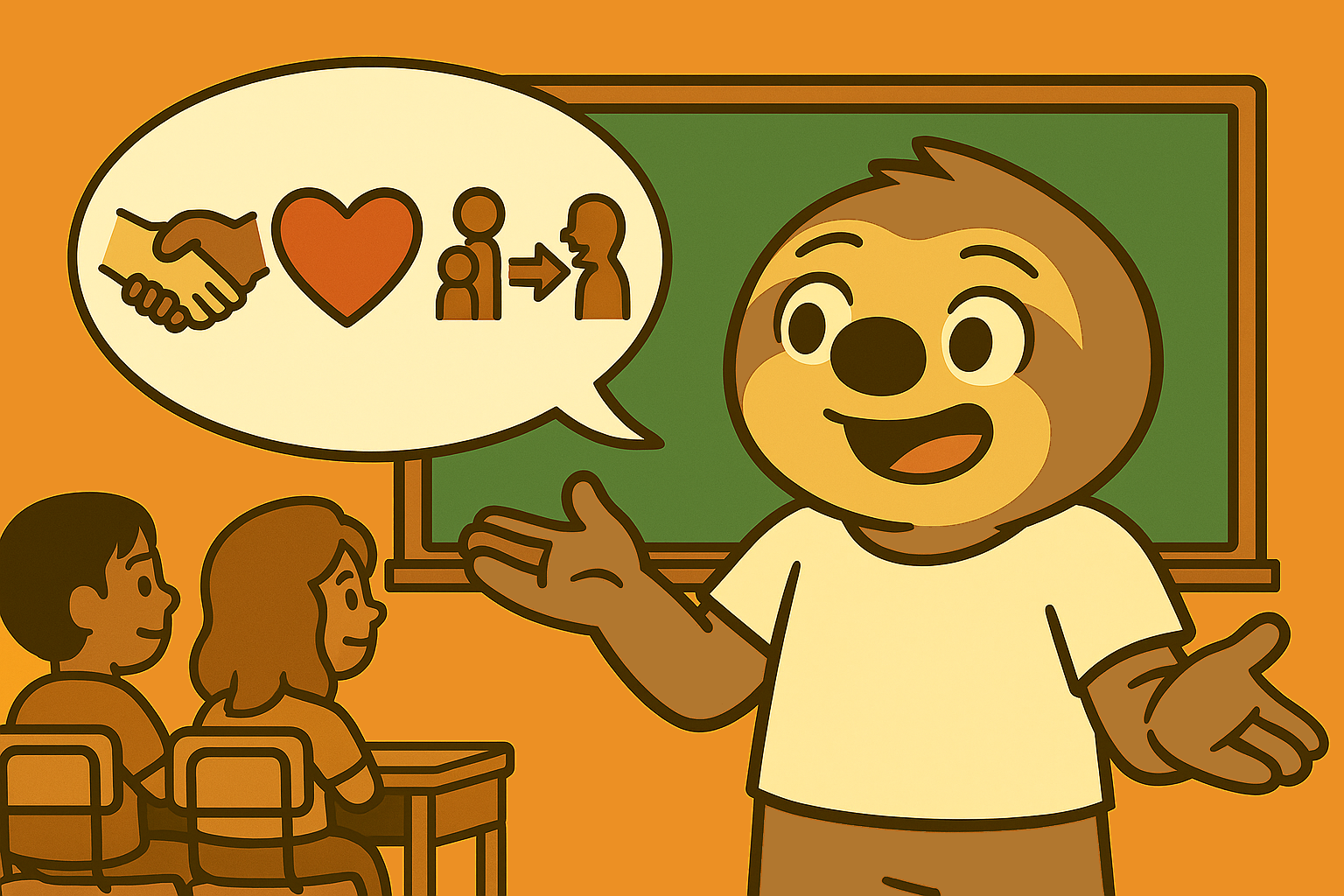NIVEL A2 🚀
📏 Cuantificadores Españoles
Domina muy/mucho, bastante, demasiado y (un) poco
⏱️ Duración: 45-60 minutos
📚 Cuantificadores: Intensidad y Cantidad
Help: Learn Spanish quantifiers to express intensity and quantity. Master the difference between muy/mucho, and understand how to use bastante, demasiado, and (un) poco.
📏 Los cuantificadores principales en español
💯 MUY vs MUCHO
(very vs a lot/much)
(very vs a lot/much)
MUY: + adjetivos/adverbios
MUCHO: + sustantivos/verbos
MUY modifies adjectives/adverbs, MUCHO modifies nouns/verbs
MUCHO: + sustantivos/verbos
MUY modifies adjectives/adverbs, MUCHO modifies nouns/verbs
Es muy alto
He's very tall
Come mucho pan
He eats a lot of bread
Estudia mucho
He studies a lot
Es muy inteligente
She's very intelligent
✅ BASTANTE
(quite/enough/fairly)
(quite/enough/fairly)
Uso: Cantidad/intensidad moderada, suficiente
Con: adjetivos, adverbios, sustantivos, verbos
Usage: Moderate quantity/intensity, sufficient
Con: adjetivos, adverbios, sustantivos, verbos
Usage: Moderate quantity/intensity, sufficient
Es bastante difícil
It's quite difficult
Tengo bastante dinero
I have enough money
Lee bastante
He reads quite a bit
Habla bastante bien
She speaks fairly well
⚠️ DEMASIADO
(too much/too many)
(too much/too many)
Uso: Exceso, más de lo necesario
Concordancia: Con sustantivos concuerda en género y número
Usage: Excess, more than necessary
Concordancia: Con sustantivos concuerda en género y número
Usage: Excess, more than necessary
Es demasiado caro
It's too expensive
Come demasiado
He eats too much
Demasiadas personas
Too many people
Habla demasiado rápido
He speaks too fast
🤏 (UN) POCO
(a little/few)
(a little/few)
POCO: Cantidad pequeña (sin artículo)
UN POCO: Cantidad pequeña (más suave)
Small quantity, can be used with or without article
UN POCO: Cantidad pequeña (más suave)
Small quantity, can be used with or without article
Es un poco difícil
It's a little difficult
Tengo poco tiempo
I have little time
Come poco
He eats little
Pocas personas
Few people
📊 Tabla Comparativa de Uso
Help: Study this comparison table to understand when and how to use each quantifier correctly.
| Cuantificador Quantifier |
Con Adjetivos With Adjectives |
Con Sustantivos With Nouns |
Con Verbos With Verbs |
Significado Meaning |
|---|---|---|---|---|
| MUY very |
✅ Muy alto Very tall |
❌ No se usa Not used |
❌ No se usa Not used |
Intensidad alta High intensity |
| MUCHO a lot/much |
❌ No se usa Not used |
✅ Mucha agua A lot of water |
✅ Come mucho Eats a lot |
Cantidad grande Large quantity |
| BASTANTE quite/enough |
✅ Bastante fácil Quite easy |
✅ Bastante comida Enough food |
✅ Duerme bastante Sleeps quite a bit |
Cantidad suficiente Sufficient quantity |
| DEMASIADO too much/many |
✅ Demasiado caro Too expensive |
✅ Demasiado ruido Too much noise |
✅ Trabaja demasiado Works too much |
Exceso Excess |
| (UN) POCO a little/few |
✅ Un poco triste A little sad |
✅ Poco dinero Little money |
✅ Habla poco Speaks little |
Cantidad pequeña Small quantity |
💯 Ejercicio 1: MUY vs MUCHO
Help: Choose between MUY and MUCHO. Remember: MUY + adjectives/adverbs, MUCHO + nouns/verbs.
Esta pizza está _____ rica.
This pizza is very delicious.
A) muy
B) mucho
Mi hermano come _____ chocolate.
My brother eats a lot of chocolate.
A) muy
B) mucho
Los estudiantes trabajan _____.
The students work a lot.
A) muy
B) mucho
Tu casa es _____ grande.
Your house is very big.
A) muy
B) mucho
Ella tiene _____ paciencia.
She has a lot of patience.
A) muy
B) mucha
El examen fue _____ difícil.
The exam was very difficult.
A) muy
B) mucho
Me gusta _____ leer.
I like reading a lot.
A) muy
B) mucho
Están _____ contentos.
They are very happy.
A) muy
B) mucho
✅ Ejercicio 2: Usando BASTANTE
Help: Complete the sentences with BASTANTE. Remember it can modify adjectives, adverbs, nouns, and verbs.
1. El café está _____ caliente.
The coffee is quite hot.
2. Tengo _____ libros para leer.
I have enough books to read.
3. Ella estudia _____ todos los días.
She studies quite a bit every day.
4. La comida está _____ rica.
The food is quite tasty.
5. Hay _____ personas en la fiesta.
There are quite a few people at the party.
6. Mi hermano corre _____ rápido.
My brother runs quite fast.
7. ¿Tienes _____ dinero?
Do you have enough money?
8. Duermo _____ bien aquí.
I sleep quite well here.
⚠️ Ejercicio 3: DEMASIADO - Concordancia
Help: Choose the correct form of DEMASIADO. Remember it agrees with nouns in gender and number.
1. Esta sopa está _____ salada.
A) demasiado
B) demasiada
This soup is too salty.
2. Hay _____ coches en la calle.
A) demasiado
B) demasiados
There are too many cars in the street.
3. Comí _____ ayer.
A) demasiado
B) demasiados
I ate too much yesterday.
4. Tiene _____ responsabilidades.
A) demasiado
B) demasiadas
He has too many responsibilities.
5. El café está _____ caliente.
A) demasiado
B) demasiada
The coffee is too hot.
6. Hay _____ azúcar en el té.
A) demasiado
B) demasiada
There's too much sugar in the tea.
7. Trabaja _____ los fines de semana.
A) demasiado
B) demasiados
He works too much on weekends.
8. Tenemos _____ tareas para mañana.
A) demasiado
B) demasiadas
We have too many assignments for tomorrow.
🤏 Ejercicio 4: (UN) POCO
Help: Complete with the correct form: poco/poca/pocos/pocas or un poco. Consider gender and number agreement.
1. Tengo _____ tiempo libre.
I have little free time.
2. Estoy _____ cansado.
I'm a little tired.
3. Hay _____ estudiantes en clase.
There are few students in class.
4. Come _____ verduras.
He eats few vegetables.
5. La película es _____ aburrida.
The movie is a little boring.
6. Bebe _____ agua durante el día.
He drinks little water during the day.
7. ¿Puedes hablar _____ más alto?
Can you speak a little louder?
8. Tenemos _____ opciones.
We have few options.
🌍 Ejercicio 5: Traducción con Cuantificadores
Help: Translate these sentences using the correct quantifiers. Pay attention to the context and choose the appropriate Spanish or English equivalent.
1. Esta película es muy interesante.
🇺🇸 Translate to English:
2. I eat too much sugar.
🇪🇸 Traduce al español:
3. Tengo bastante trabajo hoy.
🇺🇸 Translate to English:
4. She sleeps very little.
🇪🇸 Traduce al español:
5. Hay demasiadas personas en el autobús.
🇺🇸 Translate to English:
6. This coffee is quite good.
🇪🇸 Traduce al español:
7. Mi padre trabaja mucho.
🇺🇸 Translate to English:
8. There are few students in class today.
🇪🇸 Traduce al español:



